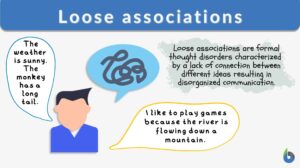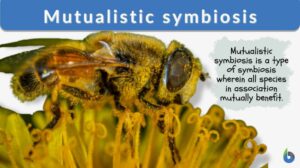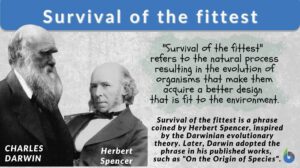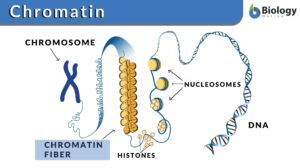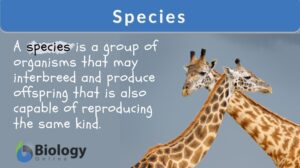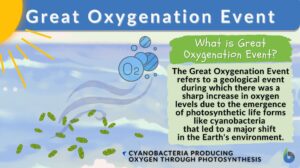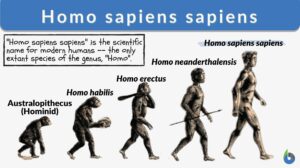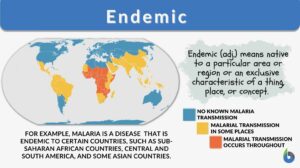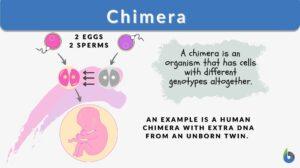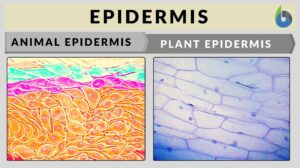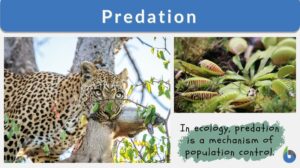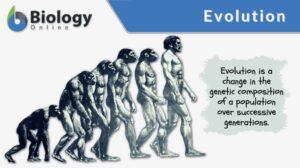Search Results for: peter
Theory of Neuroscience
Nezih OKTAR Journal of Neurological Sciences (Turkish) 2006, Volume 23, Number 3, Page(s) 155-158. An Open Access... Read More
Loose associations
Definition of Loose Associations When asked to define loose associations in psychology one can tell that it is a formal... Read More
Chemiosmotic coupling hypothesis
Definition noun A theory postulated by the biochemist Peter Mitchell in 1961 to describe ATP synthesis by way of a proton... Read More
Mutualistic symbiosis
Mutualistic Symbiosis Definition In order to understand what a mutualistic symbiotic relationship means, we will break down... Read More
Chemiosmotic theory
Definition noun A theory postulated by the biochemist Peter Mitchell in 1961 to describe ATP synthesis by way of a proton... Read More
Chemiosmotic hypothesis
Definition noun A theory postulated by the biochemist Peter Mitchell in 1961 to describe ATP synthesis by way of a proton... Read More
Cryptozoology – The evidence of creatures whose existence is uncertain
The evidence of creatures whose existence is uncertain is studied by cryptozoology, a science researching presumable proof... Read More
Survival of the fittest
When we talk about evolutionary processes, the usage of the phrase "Survival of the fittest" has been very common in... Read More
Neuroethology
Definition noun A discipline that deals with the scientific study of the neural basis of natural animal... Read More
Great Oxygenation Event
Great Oxygenation Event Definition The Great Oxygenation Event is defined as the surge of dioxygen (O2) levels in the... Read More
Replacement model
Definition noun A theory proposed by Christopher Stringer and Peter Andrews suggesting that the place of origin of modern... Read More
Homo sapiens sapiens
Homo sapiens What are homo sapiens? Homo sapiens is the species of all the highly developed primates on earth, a category... Read More
Biodiversity
Biodiversity Lead Author: J. Emmett DuffyThis article has been reviewed and approved by the following Topic Editor: John... Read More
Cellular respiration
Cellular Respiration Definition What is cellular respiration in simple terms? Cellular respiration can be defined simply as... Read More
Positive feedback
Positive Feedback Definition Each mechanism of the body like temperature, blood pressure, and levels of specific nutrients... Read More
Metabolism
Metabolism Definition What is metabolism in the body? Metabolism encompasses the various biochemical processes, reactions,... Read More
Cell membrane
Cell Membrane Definition Just like any non-living body possesses a plastic or paper packaging material that keeps the... Read More
Chemiosmosis
Chemiosmosis Definition What is chemiosmosis? In biology, chemiosmosis refers to the process of moving ions (e.g. protons)... Read More
Parasitism
Organisms depend on different sources of food to survive. Larger organisms like plants make their own food (autotrophs) and... Read More

